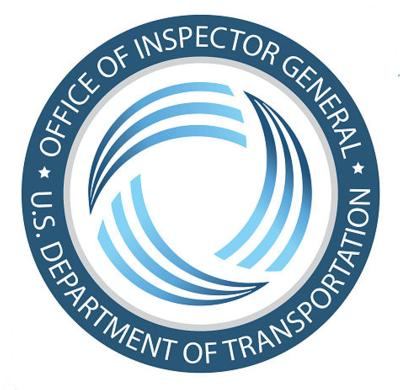Thu, May 04, 2023
Thou Shalt …
Yet again, the long shadow of its own slipshod handling of the 737 MAX's type certification has fallen across an embattled, soon-to-be leaderless Federal Aviation Administration.

In response to shortfalls in the FAA’s risk-assessment practices brought to light by the 2019 Lion Air and Ethiopian Airlines Boeing 737 MAX accidents, the U.S. Department of Transportation’s Inspector General (IG) has issued the following seven recommendations.
- Document the process by which key safety decisions, such as a potential grounding of an aircraft fleet, are made when the Agency identifies that urgent action is necessary.
- Revise the Transport Airplane Risk Assessment Methodology (TARAM) handbook to incorporate current safety data, including available international data when appropriate.
- Review the TARAM handbook’s quantitative safety guidelines to determine if they meet the Agency’s needs, and implement identified corrections as appropriate.
- Formalize training requirements for engineers responsible for completing TARAM analysis, as well as managers responsible for reviewing the analysis.
- Review the TARAM and Transport Airplane Safety Manual (TASM), address any identified key differences between the two documents, and integrate TASM into TARAM when appropriate.
- Incorporate integrated System Safety Assessments into regulations or Agency guidance for future transport category airplane certification projects.
- Identify lessons learned related to the application of the 737 MAX recertification and the Continued Operational Safety process that have not yet been addressed and include them into airplane certification and safety evaluation processes.
The antecedent recommendations were spelled out in a report—the third in a series requested by former DOT Secretary Elaine Chao—which sets forth the worrying observation that the FAA may be unable to ensure consistency in its risk assessment practices.

In response to the patently damning report, the FAA pledged, more or less, to comply with all seven of the IG’s recommendations by March 2025.
The DOT IG’s report was based, in part, on a performance audit of the FAA conducted between May 2021 and March 2023. Regarding subject audit, the report stated:
“We conducted this audit in accordance with generally accepted Government auditing standards as prescribed by the Comptroller General of the United States. Those standards require that we plan and perform the audit to obtain sufficient, appropriate evidence to provide a reasonable basis for our findings and conclusions based on our audit objectives. We believe that the evidence obtained provides a reasonable basis for our findings and conclusions based on our audit objectives.
“This report is in response to requests from Secretary Elaine L. Chao and members of Congress to determine and evaluate FAA’s process for grounding and recertifying the Boeing 737 MAX series of aircraft. This is our third report on FAA’s certification of the 737 MAX and follows our first and second reports, issued on June 29, 2020, and February 23, 2021, respectively.”
More News
He Attempted To Restart The Engine Three Times. On The Third Restart Attempt, He Noticed That Flames Were Coming Out From The Right Wing Near The Fuel Cap Analysis: The pilot repor>[...]
Make Sure You NEVER Miss A New Story From Aero-News Network Do you ever feel like you never see posts from a certain person or page on Facebook or Instagram? Here’s how you c>[...]
From 2009 (YouTube Edition): Leading Air Show Performers Give Their Best Advice for Newcomers On December 6th through December 9th, the Paris Las Vegas Hotel hosted over 1,500 air >[...]
Aero Linx: NASA ASRS ASRS captures confidential reports, analyzes the resulting aviation safety data, and disseminates vital information to the aviation community. The ASRS is an i>[...]
“For our inaugural Pylon Racing Seminar in Roswell, we were thrilled to certify 60 pilots across our six closed-course pylon race classes. Not only did this year’s PRS >[...]
 NTSB Final Report: Rutan Long-EZ
NTSB Final Report: Rutan Long-EZ ANN FAQ: Turn On Post Notifications
ANN FAQ: Turn On Post Notifications Classic Aero-TV: ICAS Perspectives - Advice for New Air Show Performers
Classic Aero-TV: ICAS Perspectives - Advice for New Air Show Performers ANN's Daily Aero-Linx (06.28.25)
ANN's Daily Aero-Linx (06.28.25) Aero-News: Quote of the Day (06.28.25)
Aero-News: Quote of the Day (06.28.25)




